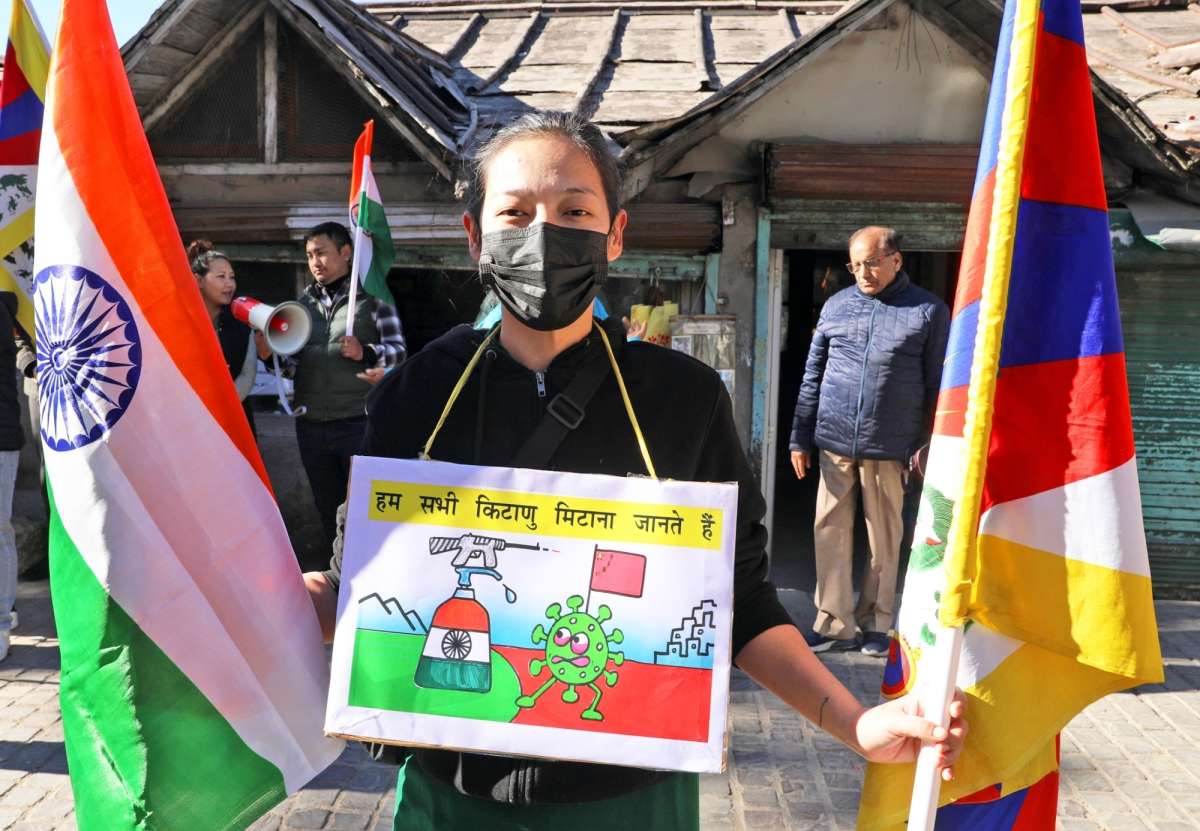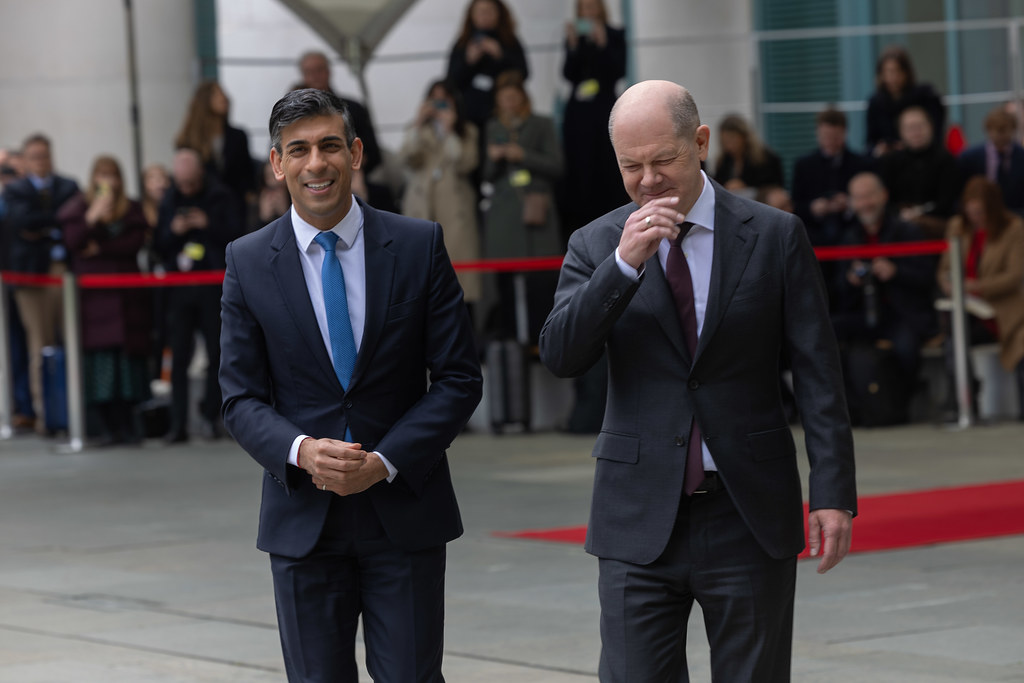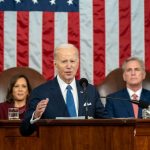China has been raising irredentist claims on territories and resources of its neighbours on one pretext or another in order to finally grab them, writes Prof. Srikanth Kondapalli
China’s leadership is following what its communist party founder Mao Zedong used to say – “do not let your neighbour sleep normally.” Hence, following this dictum, China has been raising irredentist claims and upsetting most of its neighbours on one pretext or another in order to lay claim or even grab unilaterally territories and resources.
This has been the case with the disputed South China Sea and East China Sea islands. China’s arrogance is also more prominently displayed on the India-China border areas. When China’s economic growth rates were meagre, the then Premier Zhou Enlai was willing to acknowledge during his visit to Delhi in 1960 that South of the McMahon Line (the current day Arunachal Pradesh) as a part of India in lieu of getting Aksai Chin region.
Now the dragon is wagging its tail vigorously after becoming the second largest economy in the world. It has no bounds to observe. Previously, China considered the India-China boundary areas as “disputed” in nature that needs talks to resolve rather than war. However, that tone has changed and Beijing is increasingly using coercive diplomatic postures or even war preparations to resolve the dispute.
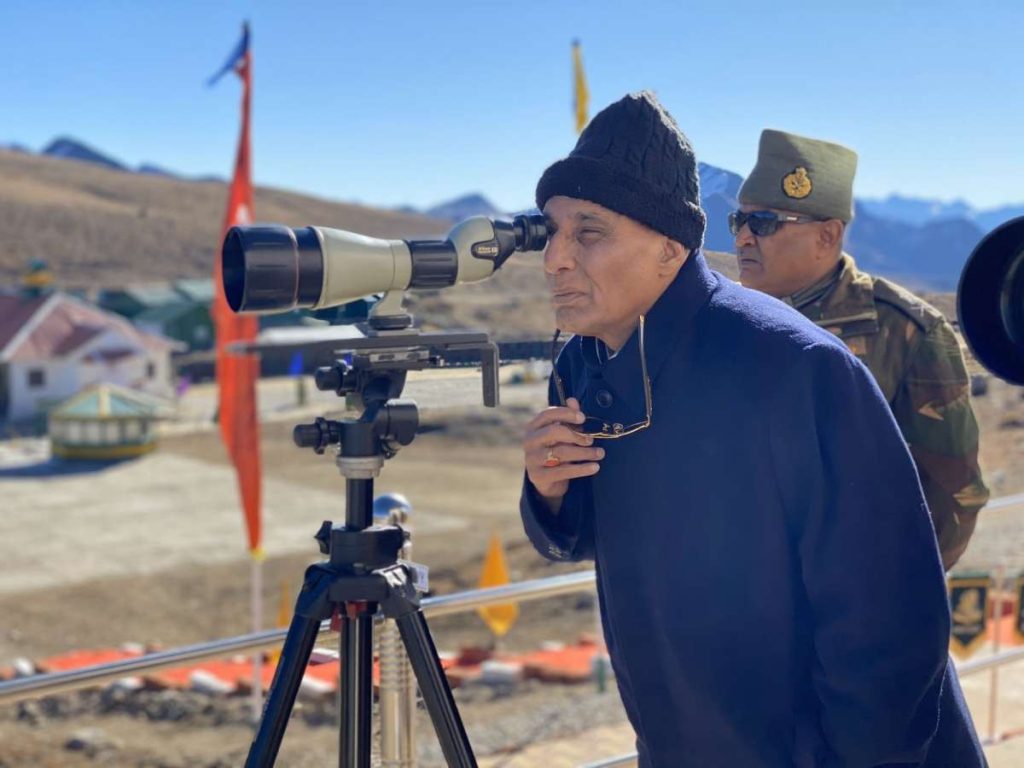
China’s shrewd move on Arunachal Pradesh
While China has been eyeing for Arunachal Pradesh since 1986, when its foreign ministry think tank published an article by Jing Hui claiming this region as “more important” for his country, in recent times China has been pushing the angle of sovereignty more vigorously, even on the verge of mounting thousands of troops on the borders with India.
At least since 2003, Beijing has been configuring Arunachal Pradesh as “southern Tibet” (Zangnan). With Tibet defined as its “core interest” by the then State Councillor Dai Bingguo, by extension, the so-called “southern Tibet” has also now become China’s core interest to be defended by its military.
In November 2006, a day before President Hu Jintao visited New Delhi, the then China’s envoy Sun Yuxi for the first time claimed the “entire area” south of McMahon line as “disputed” territory. Since then, China began claiming the whole area as its own. China’s propaganda machinery went full steam to dish out the new “line” to raise nationalism.
However, as India had developed and consolidated the region since 1951, and the costs of any military escalation proved high for China since the Samdurong Chu incident in 1987, China began intensive “three warfares” viz., media, psychological and legal warfare techniques against India.
China’s game of renaming places in Arunachal Pradesh
Firstly, China began renaming place names in Arunachal Pradesh. China’s Ministry of Civil Affairs renamed over 50 place names in Arunachal Pradesh four times – 6 place names on April 18, 2017, 15 on December 29, 2021, 11 on April 2, 2023 and 30 places on March 30, 2024.
Since February 2010, a Chinese researcher Hao Xiaoguang, at Institute of Surveying and Geophysics of the Chinese Academy of Sciences, has been publishing articles based on his research on the geographical features in Arunachal Pradesh with the intention to change the place names as the 2002 map of China hardly had 6 Chinese names for the entire Arunachal Pradesh.
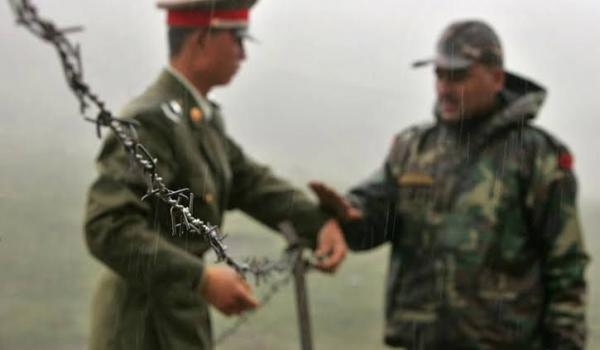
It is said that after Hao’s 15 years of research, fieldwork, cartography, toponymy, geography, surveying, ethnography, and history a comprehensive method was evolved to change the place names in Arunachal Pradesh. The initial intention was to provide alternative names to the places as the existing Chinese maps were devoid of any names.
On April 2, 2023, China renamed 11 places in Arunachal Pradesh. In this round, China intended to “upgrade” the administrative hierarchy for “easier control.” Thus, two country level administrative units in India were “upgraded” by China to city level organisations.
A commentator in “Tibet Online” stated on April 23, 2023 that “If the Indian government continues to go further and further down the wrong path, it will end up in the end of “stealing the chicken but losing the rice”.”
The last round of renaming occurred on March 30, 2024, when 30 places were targeted – including about 11 places where people have been living and voting in the Indian elections.
China controlled areas, needless to say, have never held popular and competitive elections. Commenting on this round of renaming, a commentator “Korolev” argued that China’s actions are “a direct declaration of sovereignty.”
In addition, by renaming places, as a long-term measure, “China is already making more adequate preparations to regain what was lost.”
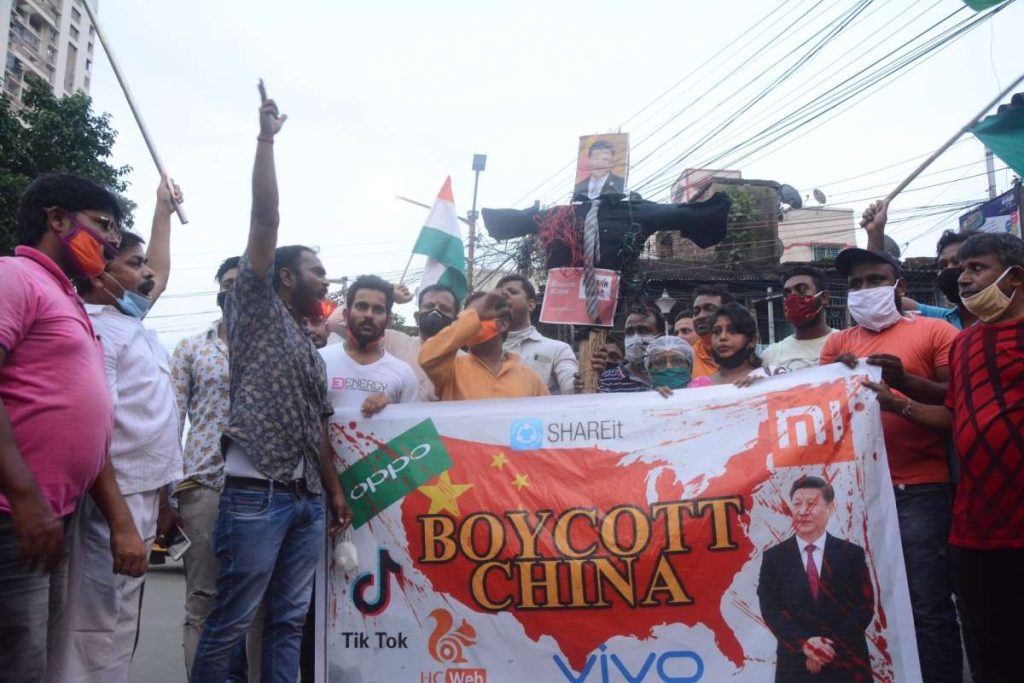
Commenting on these 4 times renaming of places in Arunachal Pradesh, coinciding with the Dokhlam crisis in 2017, Galwan in 2020 and other border incidents, Sun Xuwen argued that this is a “step-by-step and planned approach to the issue of recovering the southern Tibetan region, rather than a one-on-one approach like India.”
Further, terming the US as the “primary contradiction” for China to resolve now, Sun suggests that “The heat [exerted by China on India] must not be too great, causing secondary conflicts to escalate into major conflicts. Therefore, on this issue, it is more appropriate to respond with supplementary naming. In a word, with the outcome of the game between China and the United States still undecided, the United States continues to maintain a high-pressure posture against China in the Asia-Pacific region. If the geopolitical situation in South Asia further deteriorates, it will put China in a very passive position.”
On the question of why China did not resolve the issue by military means rather than attempting a “soft approach,” a commentator argued that “The claims of territorial disputes between the two neighboring countries will inevitably lead to a conflict of force between the two sides. The medium- and long-term national policies are: first, focusing on the southeast direction to complete the great cause of reunification; second, there are two centenary goals to complete the great rejuvenation of the nation. Therefore, instead of supporting this radical southwest policy, we can only make solid preparations in the early stage, including negotiations, and occupy the moral high ground internationally. Negotiations are the front stage, and the backstage relies on national strength, especially military power, to wait for favorable conditions. Timing, one or more clever moves to recover!”
Conclusion
China’s intentions on renaming places already under effective jurisdiction of India, are thus clear. To counter China’s antics and harassment, while strengthening conventional and strategic deterrence capabilities, India should explore international legal regimes, organise bilateral and multilateral meetings with China’s neighbours in distress, share border management practices and data related to border transgressions and evolve counter-measures to effectively address on any impending border skirmishes.
(The writer is Professor in Chinese Studies at Jawaharlal Nehru University; views expressed here are his own) – India News Network
ALSO READ: Xi Jinping and China’s governance challenges


